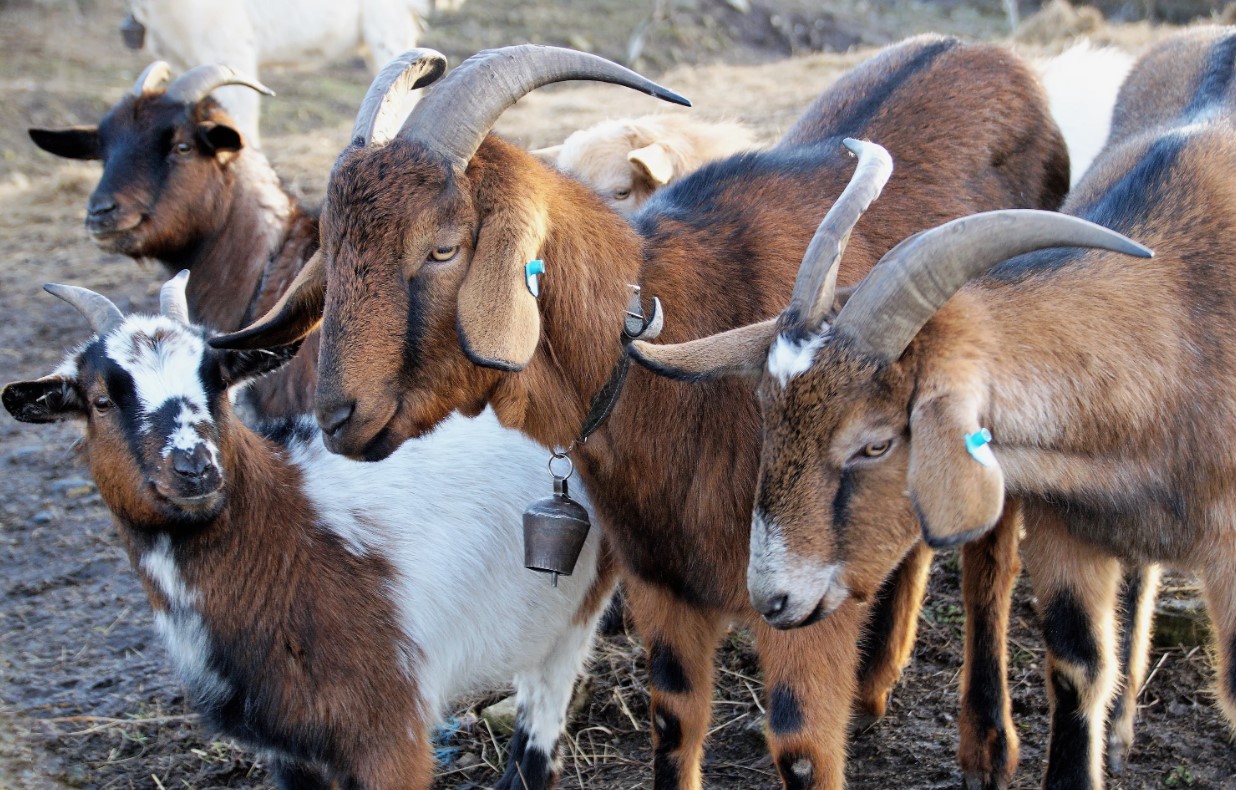Can you Donate your Qurbani?

Qurbani, also known as Udhiya, is an Islamic ritual sacrifice performed by Muslims during Eid al-Adha, the “Festival of Sacrifice.” It commemorates the willingness of Prophet Ibrahim (Abraham) to sacrifice his son Isma’il (Ishmael) as an act of obedience to God. However, before the sacrifice could be carried out, God provided a ram to be sacrificed instead. This act of devotion and obedience is honored by Muslims around the world through the practice of Qurbani, where animals such as goats, sheep, cows, or camels are sacrificed.
The ritual is deeply rooted in Islamic tradition and jurisprudence, and it carries significant spiritual, social, and ethical implications. Performing Qurbani is obligatory for Muslims who meet specific financial criteria, similar to the nisab threshold in zakat (charity). The act serves multiple purposes: it is a demonstration of submission to God, a means of providing for those in need, and a way to strengthen community bonds through the distribution of meat.
The Process of Qurbani
The process of Qurbani involves several key steps to ensure that the sacrifice is carried out in accordance with Islamic principles. First, the animal chosen for sacrifice must meet specific criteria regarding age, health, and condition. It should be free from any defects or illnesses, reflecting the offering’s purity and worthiness.
The actual sacrifice must be performed by a Muslim who is mentally sound and has reached the age of maturity. The animal should be treated with kindness and respect, and the sacrifice should be quick and as painless as possible. The person performing the sacrifice recites specific prayers and makes the cut at the animal’s throat, severing the windpipe, esophagus, and blood vessels but not the spinal cord, to ensure a swift death and proper blood drainage.
After the sacrifice, the meat is divided into three equal parts: one part for the family, one part for relatives and friends, and one part for the poor and needy. This division underscores the importance of charity and community support in Islam, ensuring that everyone, regardless of their financial situation, can partake in the festivities of Eid al-Adha.
Can You Donate Your Qurbani?
The question of whether one can donate their Qurbani has both practical and theological dimensions. In essence, donating Qurbani means entrusting the sacrifice to another person or organization, which will perform the sacrifice on your behalf and distribute the meat accordingly. This practice is permissible and increasingly common, especially in contemporary times when many Muslims live in urban settings or areas where performing the sacrifice themselves is not feasible.
Theological Considerations
Islamic scholars generally agree that as long as the sacrifice is performed in the prescribed manner and with the correct intentions, it is valid whether done personally or through a proxy. The key is ensuring that the Qurbani is carried out with the same level of care and adherence to Islamic principles as if it were done by the individual themselves.
Different schools of thought within Islam may have specific guidelines or preferences about how and where the Qurbani should be performed, but the overarching principle remains the same: the act of sacrifice should be completed, and the meat should be distributed to fulfill the religious obligation and support the community.
Practical Considerations
Donating your Qurbani can be particularly beneficial in several contexts. For instance, in urban environments where performing a sacrifice might be logistically challenging due to space constraints, local regulations, or a lack of access to suitable animals, donating Qurbani through a reputable organization ensures that the ritual is still observed. Additionally, for Muslims living in non-Muslim majority countries, finding the appropriate facilities and resources for Qurbani can be difficult, making donation a practical alternative.
Moreover, donating Qurbani allows for broader and more impactful charity work. Many Islamic charities offer Qurbani donation programs that focus on distributing meat to impoverished communities worldwide. By participating in such programs, Muslims can ensure that their Qurbani reaches those most in need, sometimes in regions where meat is a rare and valuable resource. This approach aligns with the spirit of Eid al-Adha, emphasizing compassion, generosity, and the welfare of the less fortunate.
Benefits of Donating Qurbani
Supporting Global Communities
One of the primary benefits of donating Qurbani is the ability to support impoverished and marginalized communities around the world. In many developing countries, access to meat is limited due to economic constraints. Donated Qurbani meat can provide a rare and much-needed source of nutrition for families who may otherwise struggle to include protein in their diets.
Islamic charities often have extensive networks and local partnerships that enable them to identify and reach the most vulnerable populations. By donating Qurbani, Muslims contribute to global efforts to alleviate hunger and poverty, embodying the Islamic principles of charity and brotherhood on a global scale.
Convenience and Compliance
For many Muslims, donating Qurbani simplifies the logistical challenges associated with performing the sacrifice themselves. Urban living, stringent local regulations on animal slaughter, and a lack of access to appropriate facilities can make personal sacrifices difficult or even impossible. By entrusting a reputable organization with their Qurbani, Muslims can ensure that their religious obligations are fulfilled without compromising on the principles of the ritual.
Additionally, donating Qurbani can provide peace of mind, knowing that the sacrifice will be carried out by experienced individuals who are familiar with Islamic guidelines. This ensures that the Qurbani is performed correctly, ethically, and in accordance with religious teachings.
Enhancing Community Solidarity
Donating Qurbani can also enhance community solidarity and foster a sense of unity among Muslims. Many donation programs allow individuals to contribute to collective efforts, supporting larger-scale distributions of meat. This collective action not only maximizes the impact of the Qurbani but also reinforces the communal and cooperative aspects of Islamic worship.
By participating in organized Qurbani donations, Muslims can connect with others who share their values and commitment to helping those in need. This collective spirit can strengthen bonds within the Muslim community and between Muslims and the broader global community.
Choosing the Right Organization for Qurbani Donation
When considering donating Qurbani, it is crucial to select a reputable and trustworthy organization. The following factors can help ensure that your donation is handled responsibly and effectively:
Transparency and Accountability
Look for organizations that are transparent about their operations and finances. Reputable charities should provide clear information about how donations are used, including details about the procurement of animals, the slaughter process, and the distribution of meat. Financial accountability is also important; ensure that the organization has proper mechanisms in place for auditing and reporting their expenditures.
Compliance with Islamic Guidelines
Ensure that the organization follows Islamic guidelines for Qurbani. This includes the selection and treatment of animals, the method of slaughter, and the distribution of meat. It is beneficial to choose organizations that have religious scholars or advisors who oversee their Qurbani programs to guarantee compliance with Islamic principles.
Local and Global Reach
Consider whether the organization operates locally, globally, or both. Depending on your preference, you may choose to support local efforts to help those in your immediate community or contribute to international programs that reach underprivileged populations worldwide. Some organizations offer options to designate where you want your Qurbani meat to be distributed.
Impact and Effectiveness
Research the impact and effectiveness of the organization’s Qurbani programs. Look for evidence of successful past campaigns, such as testimonials, reports, and case studies. Organizations that can demonstrate a track record of effectively reaching and benefiting needy communities are more likely to use your donation efficiently.
Conclusion
Donating your Qurbani is a viable and commendable option for fulfilling this important Islamic obligation, especially in modern contexts where personal sacrifices may not be feasible. By choosing to donate, Muslims can ensure that their Qurbani is performed in accordance with religious guidelines and that the meat reaches those who need it most. This practice not only meets the spiritual and charitable objectives of Eid al-Adha but also reinforces the values of compassion, generosity, and community support that are central to Islam. Ultimately, whether performed personally or through donation, the essence of Qurbani lies in the willingness to make a sacrifice for the sake of God and the welfare of others. Donating Qurbani amplifies this spirit, extending its benefits to a broader range of people and fostering a global sense of Islamic solidarity and compassion.





